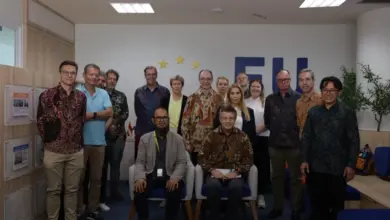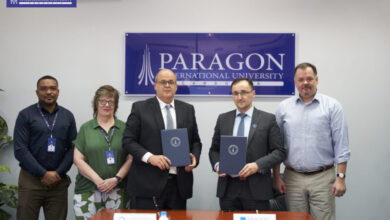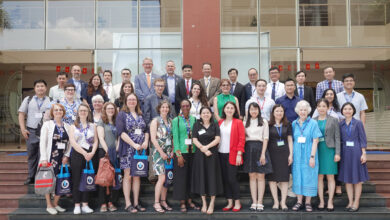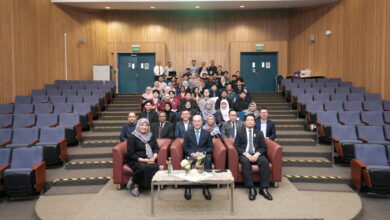Australia’s Universities the Gateway to Regional Climate Cooperation
The Indo-Pacific is facing a steep climate change challenge and Australia's strong education sector seems ready to do more in the fight.

Climate change remains the most urgent and complex challenge the Indo-Pacific region faces.
Nowhere on Earth is more vulnerable to the impacts of human-induced warming and yet, climate action is the only area in our region where progress toward the UN Sustainable Development Goals (SDGs) went backward over the past decade. Despite challenges to Australia’s progress, the country’s strong education sector has a critical role in driving decarbonization in the region.
At the ASEAN special summit in Melbourne this March, the leaders’ declaration made it clear that tackling climate change is an area where Australia’s interests converge with its neighbors.
Australia has obvious reasons to decarbonize, as a country that has felt the wrath of extreme weather, but also is becoming more reliant on green exports from Southeast Asia’s manufacturing powerhouses for technology such as solar panels and batteries.
But collaboration across borders is tough and to do it well, Australia would be well served to look to its strengths — such as its education sector. Since the 1950s, generations of Southeast Asian leaders have studied at Australian universities.
In its Southeast Asia Economic Strategy, released in September 2023, the Australian government cites the need to develop strategy and science that works with “regional counterparts on technical challenges to meet net zero” and to “support industry and education and training providers to develop and promote green qualifications for the Southeast Asian market.”
Climateworks Centre and Asialink, operating out of Monash University and The University of Melbourne respectively, are working together to demonstrate how Australia’s education sector could help enable the low-carbon economic transition in Southeast Asia.
Vietnam is emerging as a vital producer of the decarbonization technologies that will power the transition. But Vietnam also faces the complex task of decarbonizing its own energy generation amid rapid economic growth.
Despite this, just six of Vietnam’s 460 universities offer specialized programs in renewable energy systems, highlighting a demand mismatch that Australia could help resolve.
Vietnam has already experienced the highest level of renewable jobs growth in the region, following the boom period of solar in 2020. It has the highest level of renewable uptake in Southeast Asia. Yet Vietnam’s green economy transition necessitates a workforce equipped with specialized skills tailored to emerging industries.
Find out more : Tempo.co




